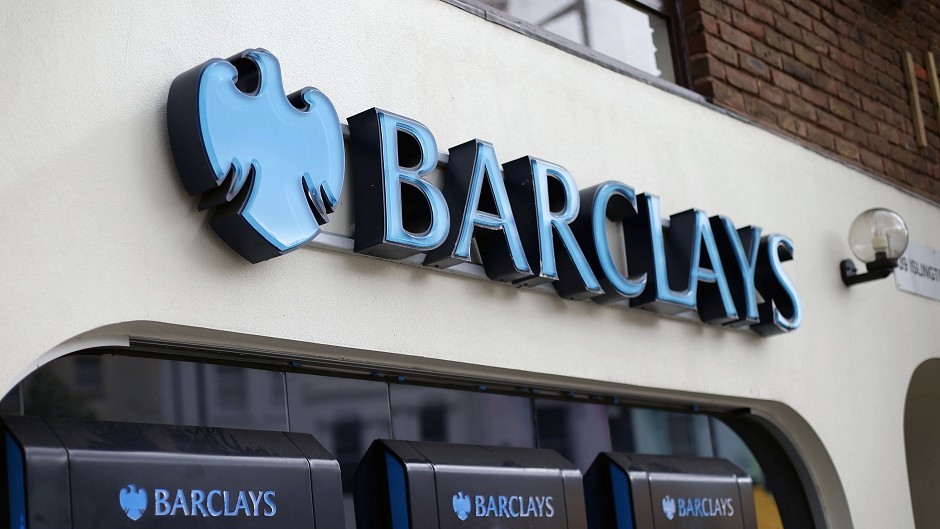Britain’s biggest banks have paid out less than 40% of the £4billion set aside to cover the mis-selling of complex interest rate hedging products, according to data from the financial regulator.
The Financial Conduct Authority (FCA) last year ordered banks to review 29,500 cases for possible mis-selling after finding “serious failings” in how interest rate swaps were sold.
Banks, however, dismissed more than a third of the cases, with customers deemed sufficiently sophisticated to have understood the products. More than half of those left under review were then offered alternative hedging products rather than full cash compensation.
The products were supposed to protect smaller companies against rising interest rates, but when rates fell the companies had to pay large bills, typically running to tens of thousands of pounds. Companies also faced penalties to extricate themselves from the deals, with many claiming they had not been made aware of the penalty clauses.
The FCA said that £1.5 billion in compensation has been paid so far in 9,858 cases settled by Britain’s biggest four banks – Barclays, HSBC, Lloyds Banking Group and Royal Bank of Scotland. That included more than £300million to cover consequential losses.
Claims for consequential losses set the clock back to the point before the products were sold and require banks to compensate not only the direct cost of the mis-sold contracts but also losses businesses have suffered as a result of leaving the agreements.
Abhishek Sachdev, managing director of Vedanta Hedging, which advises business on the products, said that where alternative products were provided there will be only limited scope for making subsequent claims for consequential losses.
“By making more alternative products, at a stroke the banks are not only reducing the amount of cash they’re paying out, they are legitimately cutting off the basis for the majority of the consequential loss claims,” he said.
